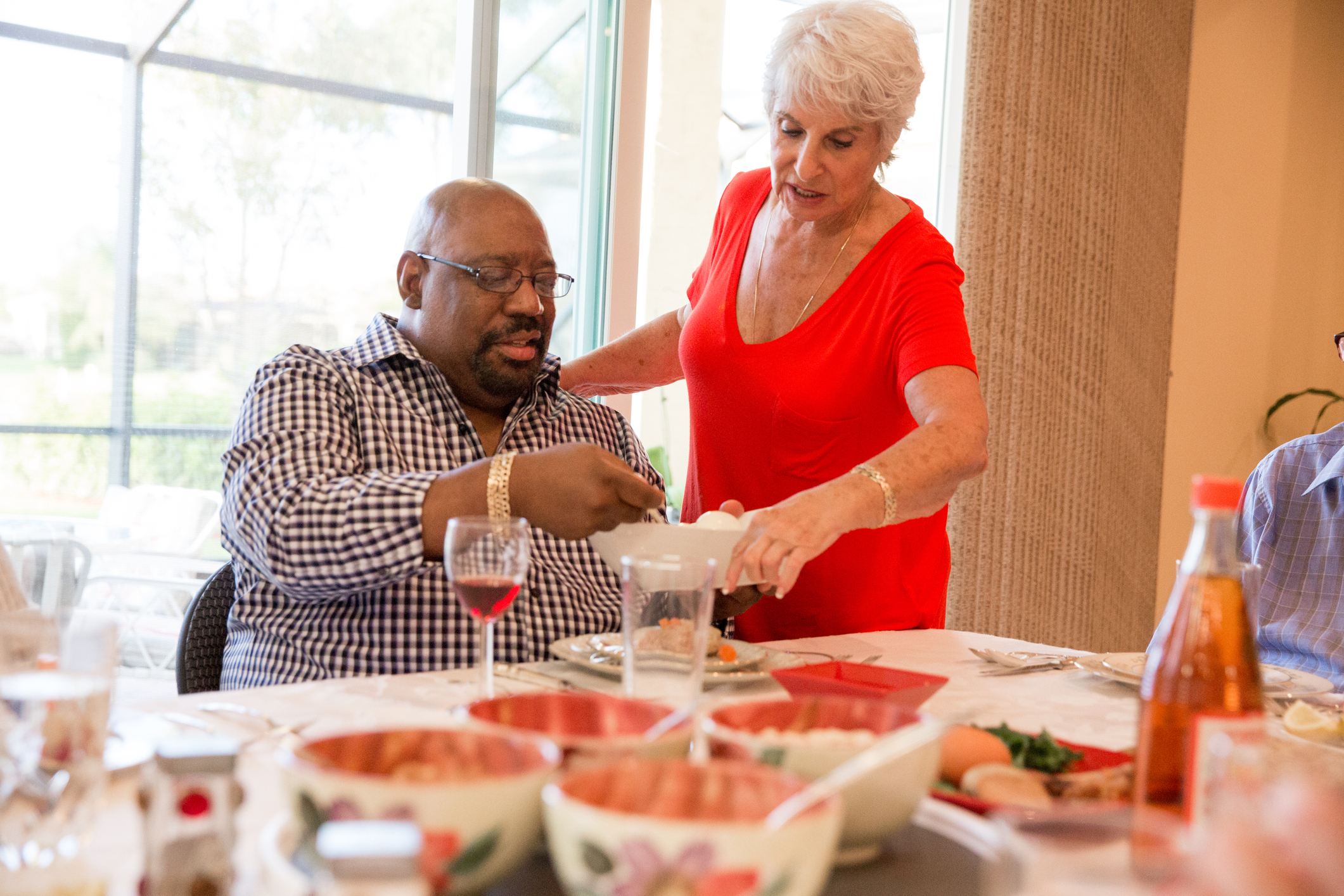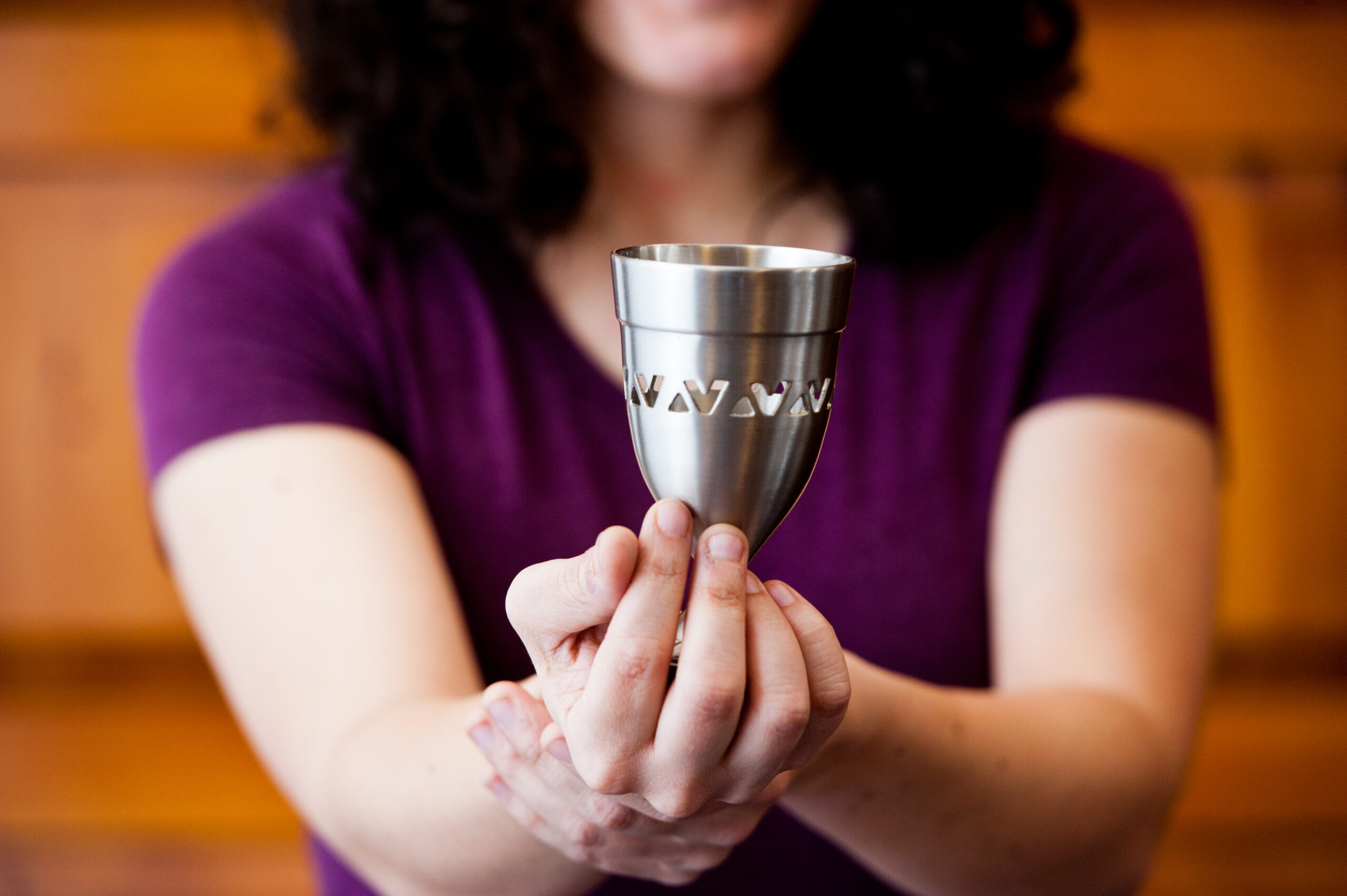One of the small but significant innovations of the Reconstructionist haggadah, “A Night of Questions,” was the rubric “wine or grape juice” that appears before each of the traditional four cups of the seder as well as in the Introduction of how to prepare for Pesach. While for many or even most people that simple supplement—”or grape juice”—may go unnoticed, for people for whom alcohol is an issue, the acknowledgment by our haggadah of the option is very visible indeed.
By acknowledging that someone attending a seder may, for example, be in a 12-step program for alcoholics, or in recovery, our Haggadah sends a clear message that we recognize and support people in our communities who struggle with alcohol and with the omnipresent assumption of Jewish tradition that a celebration without wine is somehow deficient.
This same principle can and ought to extend to congregational and other communal gatherings. Where small cups of wine for a Kiddush or Oneg Shabbat are routinely put out, cups of juice ought to be there as well, with each clearly marked. (And while we’re at it, for those communities that still observe the practice, let’s get rid of the hard liquor that too often sits unsupervised at Bar and Bat Mitzvah and wedding receptions, serving as a temptation to teenagers as well as adults.)
When guests come for a Shabbat or holiday dinner, hosts should be prepared and ask “who would like juice and who would like wine for Kiddush?” A host who takes the extra step and says “I am having juice, who else wants juice, and who wants wine?” avoids isolating someone else as “the juice person.” When Kiddush is chanted in the synagogue, the leader might make a point of saying something like “We will now offer the Kiddush together over this cup of grape juice, so all are included.” While some may not “get it,” those for whom alcohol is an issue will hear the message loud and clear.
But, some may ask, why should the burden be on the community? Anyone can decline wine with a simple “no thank you” or just ask for juice if they want juice. The reason a community or host family should take the initiative is because by offering alternatives a community quietly names the issues associated with alcohol and acknowledges the responsibility of the community to welcome and support all who wish to participate. In so doing, a community avoids the transgressions of halbanat panim, “causing embarrassment” and mikhshol lifnei iver, which literally means “placing a stumbling block before the blind” and functionally is understood to be any act that invites someone to harm herself or himself.
The Bible teaches that “wine gladdens the human heart” (Psalm 104:15), and Jewish tradition tempers this with its emphasis on moderation. But wine and other alcohol also can break a human heart.
Assuring that anytime we offer wine we also offer juice can help create more inclusive and sensitized Jewish communities.












